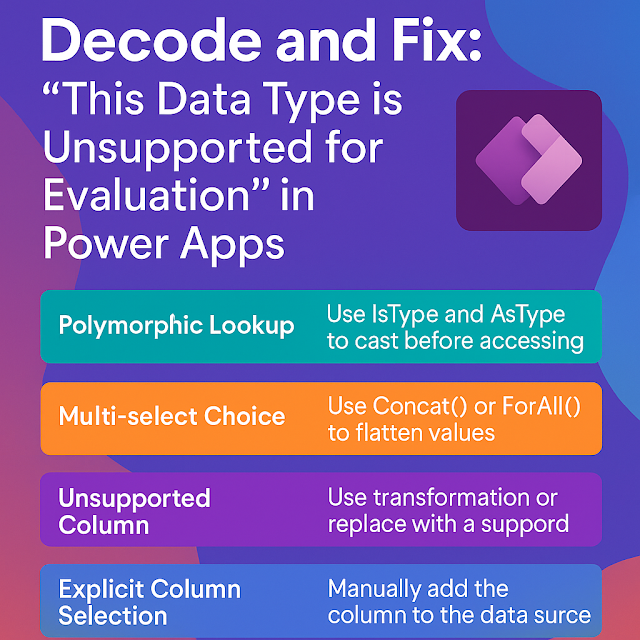A Deep Dive into Real-Time Intelligence
In analytics, intelligence means using advanced methods to analyze data and create useful insights. This involves finding trends, patterns, and relationships in the data to help make decisions and plan strategies. It turns raw data into valuable and meaningful information.
Real-Time Intelligence is a modern approach that uses data analytics and advanced tools to provide the most up-to-date and relevant insights instantly. It is widely used in areas like finance, crime prevention, and cybersecurity, helping organizations make timely and informed decisions.
Data analytics (DA) is the process of examining data sets to find trends and draw.
Data visualization is the practice of translating information into a visual context, such as map or graph.
Fabric's Real-Time Intelligence solution offers a complete system for analyzing data in real time, seamlessly integrating with other Fabric services.
It is highly efficient and can manage data of all sizes, from a few gigabytes to massive datasets in the petabyte range. This solution works with diverse data sources and formats, making it ideal for scenarios like IoT monitoring, log analysis, and applications in industries such as manufacturing, oil and gas, and automotive.
This service is fully managed and specifically designed to handle streaming time-series data. It ensures reliable performance when analyzing structured, unstructured, or semi-structured data at scale. Additionally, Real-Time Intelligence integrates with other Fabric tools, enabling a smooth process from data collection to visualization and automated event processing.
Key Features of Real-Time Intelligence:
- Data Processing Speed: Data is captured, processed, and analyzed in milliseconds or seconds.
- Streaming Data Integration: Supports continuous streams of data from sources like IoT devices, social media, financial markets, or operational systems.
- Actionable Insights: Provides real-time alerts, visualizations, and insights to drive immediate actions.
- Automation: Can trigger automated workflows or decision-making processes based on predefined criteria.
- Scalability: Designed to handle high-volume and high-velocity data streams efficiently.
- Immediate response to changing conditions.
- Enhanced operational efficiency and decision-making.
- Improved customer satisfaction through tailored experiences.
- Competitive advantage by adapting to trends faster.
- High computational requirements.
- Complexity in integrating and managing data pipelines.
- Potential for over-reliance on automated decision-making.
- Data privacy and security concerns with real-time processing.













Comments
Post a Comment